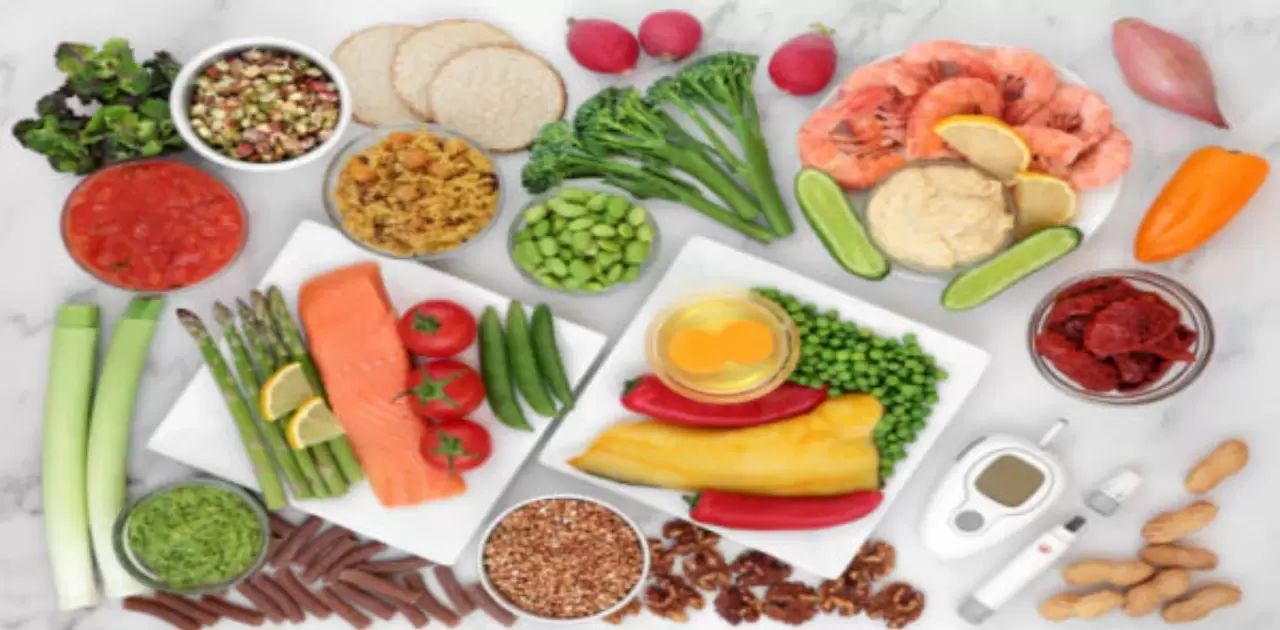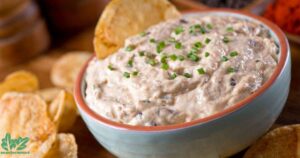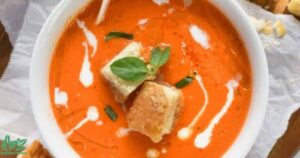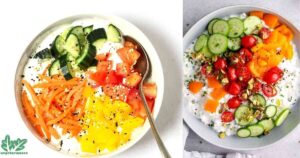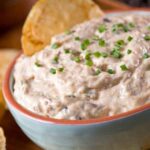Maintaining stable blood sugar levels is crucial for overall health especially for individuals with diabetes or those looking to prevent blood sugar spikes. several foods can be incorporated into a balanced diet without causing significant increases in its levels.
Firstly non-starchy vegetables such as broccoli spinach and bell peppers are excellent choices as they are low in carbohydrates and high in fiber which slows down digestion and helps stabilize it. These veggies can be enjoyed in salads stir fries or as sides to main dishes.
Lean proteins like chicken fish tofu and legumes are great options for stabilizing it. Proteins take longer to digest leading to a gradual rise in its levels. Including protein rich foods in meals can also promote feelings of fullness and prevent overeating further supporting it control.
Broccoli and broccoli sprouts
Broccoli and broccoli sprouts are nutrient-rich vegetables known for their potential to help regulate its levels. These cruciferous veggies contain a compound called sulforaphane, which has been shown to enhance insulin sensitivity and reduce its levels.
When broccoli is chopped or chewed an enzyme reaction occurs producing sulforaphane making it beneficial for its management.Broccoli sprouts are concentrated sources of glucosinolates such as glucoraphanin which may also contribute to improved insulin sensitivity and reduced its he diet raw or lightly steamed can optimize their blood sugar lowering effects.
These versatile vegetables can be incorporated into various dishes salads or enjoyed as a healthy snack making them a valuable addition to a balanced diet aimed at blood sugar control.
Seafood
Seafood, including fish and shellfish is an excellent choice for those looking to maintain stable its levels. Rich in protein healthy fats vitamins minerals and antioxidants seafood offers numerous health benefits.
Protein plays a key role in its management by slowing down digestion preventing post-meal spikes and promoting feelings of fullness which can aid in weight management an important factor in controlling blood sugar levels.Fatty fish such as salmon mackerel and sardines are particularly beneficial due to their high omega-3 fatty acid content.
Omega 3s have been linked to improved insulin sensitivity and reduced inflammation both of which contribute to better blood sugar control. Including seafood in the diet grilled baked or steamed provides a flavorful and nutritious way to support overall health and its management.
Read also this: How To Keep Food Frozen While Traveling
Pumpkin and pumpkin seeds
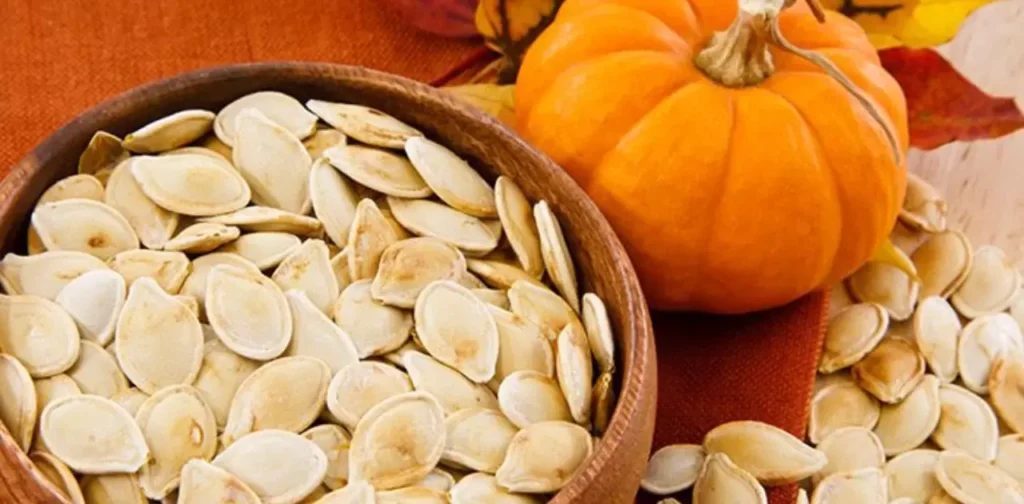
Pumpkin and pumpkin seeds offer several health benefits, including potential advantages for blood sugar management. Pumpkin is rich in fiber and antioxidants, making it a valuable addition to a diabetes-friendly diet.
The polysaccharides found in pumpkins have been studied for their ability to regulate Its levels showing promising results in both human and animal studies.Pumpkin seeds are packed with healthy fats protein and fiber all of which contribute to stabilizing blood sugar levels.
Studies have demonstrated that consuming pumpkin seeds can lead to significant reductions in post-meal Its levels. Enjoyed raw roasted or incorporated into dishes and snacks pumpkin and its seeds provide a delicious and nutritious way to support blood sugar control and overall well-being.
Beans and lentils
Beans and lentils are rich in protein, fiber, and essential nutrients, making them excellent choices for stabilizing Its levels. Their high content of soluble fiber and resistant starch slows down digestion and helps improve blood sugar response after meals.
Incorporating beans and lentils into meals can aid in blood sugar regulation and reduce the risk of developing diabetes. Adding them to salads soups stews or as a side dish can contribute to a balanced and diabetes-friendly diet.
Kimchi and sauerkraut
Kimchi and sauerkraut are fermented foods that offer potential benefits for blood sugar regulation. Rich in probiotics minerals and antioxidants these foods have been associated with improved blood sugar and insulin sensitivity. Probiotic foods like kimchi and sauerkraut may have a notable effect on Its regulation particularly in individuals with type 2 diabetes.
While more human studies are needed including these fermented foods in the diet can contribute to overall health and may support better blood sugar control. Enjoy kimchi and sauerkraut as flavorful additions to meals or snacks to reap their potential benefits for Its management.
Nuts
Nuts are nutrient-dense foods that can be beneficial for blood sugar control. Rich in healthy fats protein and fiber nuts help slow down digestion and prevent rapid spikes in blood sugar levels. Studies have shown that incorporating nuts into the diet may lead to reductions in fasting Its levels making them a smart choice for individuals with
Okra
Okra is a versatile vegetable known for its potential to help regulate blood sugar levels. Rich in polysaccharides and flavonoid antioxidants, okra seeds may have potent blood sugar-lowering properties.
These compounds such as rhamnogalacturonan can aid in reducing blood sugar by inhibiting certain enzymes. Including okra in your diet cooked in dishes or consumed as a supplement may support better Its control and overall health.
Flaxseed
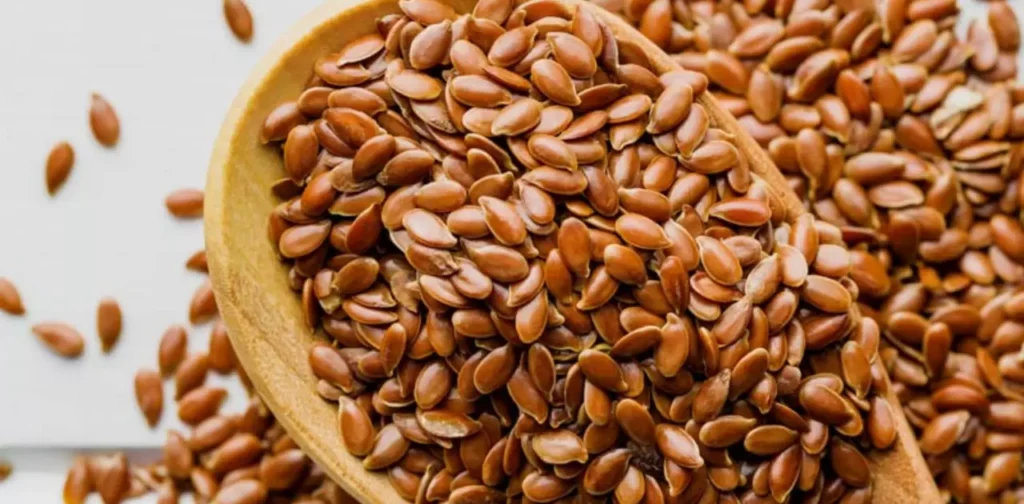
Flaxseed is a nutritional powerhouse recognized for its potential to lower blood sugar levels. High in fiber and healthy fats flax seeds slow down digestion and help stabilize It. Studies have shown that incorporating flaxseed into the diet can lead to significant reductions in HbA1c, a marker of long-term Its regulation.
Whether added to yogurt smoothies or baked goods flax seeds offer a convenient way to support blood sugar control and overall well-being.
Also read this: What Food Shrinks Hemorrhoids Fast?
Fermented foods
Fermented foods like kimchi and sauerkraut are rich in probiotics and beneficial compounds. These foods have been linked to improved blood sugar regulation and insulin sensitivity. Research suggests that probiotic-rich fermented foods may have a notable effect on its levels, particularly in individuals with type 2 diabetes. Including fermented foods in the diet may contribute to better gut health and support overall metabolic function.
Chia seeds
Chia seeds are tiny powerhouses packed with nutrients and health benefits including potential advantages for its management. Rich in fiber protein and omega 3 fatty acids chia seeds slow down digestion and help stabilize blood sugar levels.
Studies suggest that chia seed consumption may lead to reductions in its levels and improvements in insulin sensitivity. Adding chia seeds to yogurt smoothies oatmeal or baked goods provides a convenient way to support blood sugar control and overall health.
Kale
Kale, often hailed as a superfood offers numerous health benefits, including potential advantages for its regulation. Packed with fiber and flavonoid antioxidants like quercetin and kaempferol kale can help decrease blood sugar levels.
Studies have shown that consuming kale containing foods with high carb meals can lead to significant reductions in post-meal its levels. Incorporating kale into salads smoothies soups or sautés provides a delicious and nutritious way to support blood sugar control and overall well-being.
Berries
Berries such as strawberries blueberries raspberries and blackberries are not only delicious but also offer significant benefits for its management. Packed with fiber vitamins minerals and antioxidants berries help stabilize blood sugar levels.
Studies have shown that consuming berries with high carb meals can lead to reduced post-meal insulin and its levels. Including berries in your diet fresh frozen or added to yogurt smoothies or salads provides a tasty and nutritious way to support blood sugar control and overall health.
Avocados
Avocados are nutrient-rich fruits renowned for their potential to support blood sugar regulation. Rich in healthy fats fiber vitamins and minerals avocados help stabilize its levels and may reduce the risk of metabolic syndrome.
Studies suggest that avocado consumption may lead to reductions in blood sugar levels and protect against the development of chronic diseases like diabetes. Incorporating avocados into salads sandwiches smoothies or as a topping for various dishes provides a delicious and nutritious way to support its control and overall well-being.
Oats
Oats are a whole grain powerhouse known for their potential to help regulate blood sugar levels. High in soluble fiber oats slow down digestion and help stabilize its levels. Studies have shown that oat consumption can lead to significant reductions in HbA1c and fasting its levels. Enjoyed as oatmeal granola or added to baked goods oats offer a convenient and nutritious way to support blood sugar control and overall health.
Citrus
Citrus fruits such as oranges grapefruits lemons and limes are refreshing and offer potential benefits for blood sugar management. While they contain natural sugars citrus fruits are low to medium on the glycemic index, meaning they have a minimal impact on its levels.
Rich in fiber vitamins minerals and antioxidants like naringenin citrus fruits help improve insulin sensitivity and may reduce HbA1c levels. Including citrus fruits in your diet whether eaten whole juiced, or added to salads or desserts, provides a flavorful and nutritious way to support blood sugar control and overall well-being.
Kefir

Kefir is a fermented dairy product packed with probiotics that may offer benefits for blood sugar regulation. Studies have shown that consuming kefir can lead to reductions in fasting its levels and HbA1c a marker of long-term blood sugar control.
The probiotics in kefir help support gut health which is linked to improved metabolic function and blood sugar control. Incorporating kefir into your diet as a refreshing beverage or using it as a base for smoothies provides a tasty and convenient way to support its management and overall well-being.
Eggs
Eggs are a nutrient-dense food that can be part of a balanced diet for blood sugar management. Rich in protein, vitamins, minerals, and antioxidants eggs offer numerous health benefits. Studies suggest that regular egg consumption may lead to improvements in its control and insulin sensitivity.
Including eggs in meals can promote feelings of fullness and prevent overeating which may aid in weight management a crucial aspect of blood sugar control. Enjoyed scrambled boiled or as an omelet eggs provide a versatile and satisfying option for supporting its regulation and overall health.
Apples
Apples are a popular fruit known for their potential to support blood sugar management. High in fiber vitamins minerals and antioxidants like quercetin apples help stabilize blood sugar levels. Studies have shown that consuming apples before meals can lead to reduced post-meal its levels.
Including apples in your diet eaten whole sliced or added to salads or desserts provides a delicious and convenient way to support blood sugar control and overall well being.
Frequently Asked Questions
What foods are good for hyperglycemia?
Foods like non-starchy vegetables, lean proteins, and whole grains are good choices as they typically don’t raise its levels significantly.
What foods should you avoid for hyperglycemia?
It’s best to avoid high-sugar and refined carbohydrate foods like sugary drinks, sweets, and processed snacks, as they can cause its spikes.
What is the fastest way to reduce hyperglycemia?
Fast-acting insulin may be recommended by healthcare professionals to lower blood glucose levels quickly, alongside lifestyle changes and regular monitoring.
How can I manage hyperglycemia with diet?
A balanced diet rich in fiber, protein, and healthy fats, along with portion control and carbohydrate monitoring, can help manage hyperglycemia.
Can exercise help lower blood sugar levels?
Yes, physical activity can improve insulin sensitivity and help lower its levels. Aim for regular exercise, such as brisk walking or cycling.
Are there any natural remedies for hyperglycemia?
Some natural remedies like cinnamon chromium and bitter melon have been studied for their potential to help manage its levels but more research is needed to confirm their effectiveness.
How often should I check my blood sugar levels?
It is recommended to check its levels regularly as advised by your healthcare provider to monitor fluctuations and adjust treatment plans accordingly.
Summary
Managing blood sugar levels is crucial for overall health particularly for individuals with diabetes. A balanced diet plays a key role in its regulation. Foods low in refined sugars and carbohydrates such as non-starchy vegetables lean proteins and whole grains are recommended. These foods help stabilize blood sugar levels and prevent spikes.
Incorporating foods rich in fiber healthy fats and antioxidants like nuts seeds and berries can support blood sugar control. Regular physical activity is also important as it improves insulin sensitivity and helps maintain healthy its levels.
Monitoring its levels regularly and working closely with healthcare professionals to adjust treatment plans as needed are essential steps in managing blood sugar effectively. By adopting a healthy lifestyle and making smart dietary choices individuals can optimize blood sugar regulation and improve overall well-being.

Ethan Henry with 8 years of expertise in bamboo, excels in sustainable design, construction and product development. His passion for eco-friendly solutions has driven innovative advancements in bamboo-based industries.
